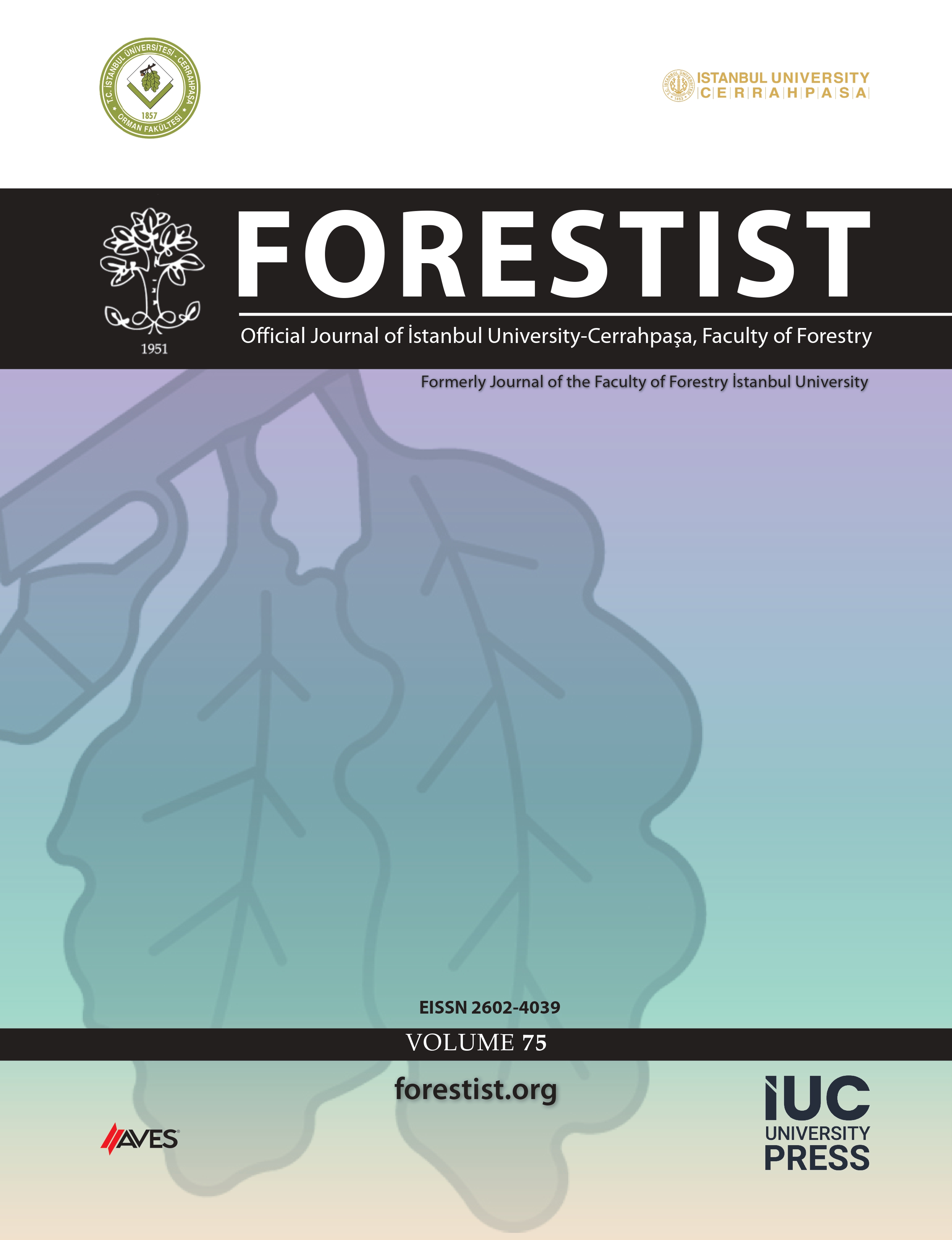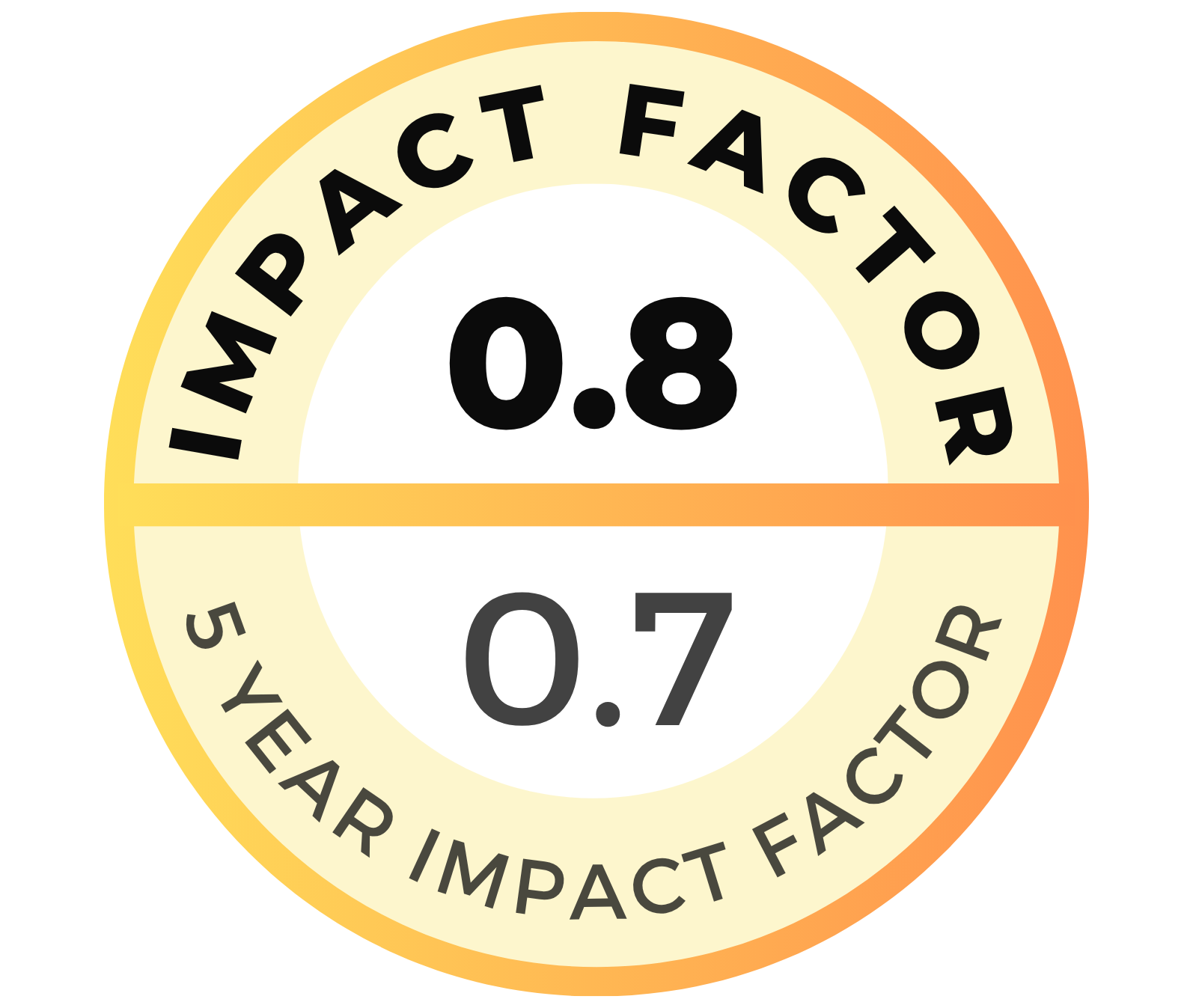Accelerating urbanization and unplanned excessive human pressure are increasing changes in major land use. These transitions cause long-term negative transformations in rural systems. This study was conducted to examine the changes in some soil properties and carbon stocks of lands that were converted from forest to cropland 30 years ago in ten di#erent villages in the Karaisalı district of Adana, Türkiye. A total of 360 disturbed and undisturbed soil samples were taken from two depth levels (0–30 cm and 30–60 cm) from the soil pits in the adjacent forest and converted to cropland and agricultural areas. Soil organic carbon and bulk density analyses were performed on all soil samples. According to the data obtained from the topsoil (0–30 cm) 101.56 tC ha−1 , 69.06 tC ha−1 , and 66.25 tC ha−1 carbon were stored in the topsoil of the forest, and converted to cropland and agricultural area, respectively. There has been an average of 32% reduction in soil carbon stocks in converted cropland from degraded forest areas. Dramatic reduction in carbon stocks occurred in the topsoil (0–30 cm). Policymakers need to plan their land-use management policies to take into account the ecological consequences of the land-use transition.
Cite this article as: Dindaroglu, T., Boran, B., Babur, E., & Menshov, O. (2024). Long-term temporal variation of land use transition on soil carbon stocks in mediterranean karst ecosystems. Forestist, 74(1), 94-101.




.png)
